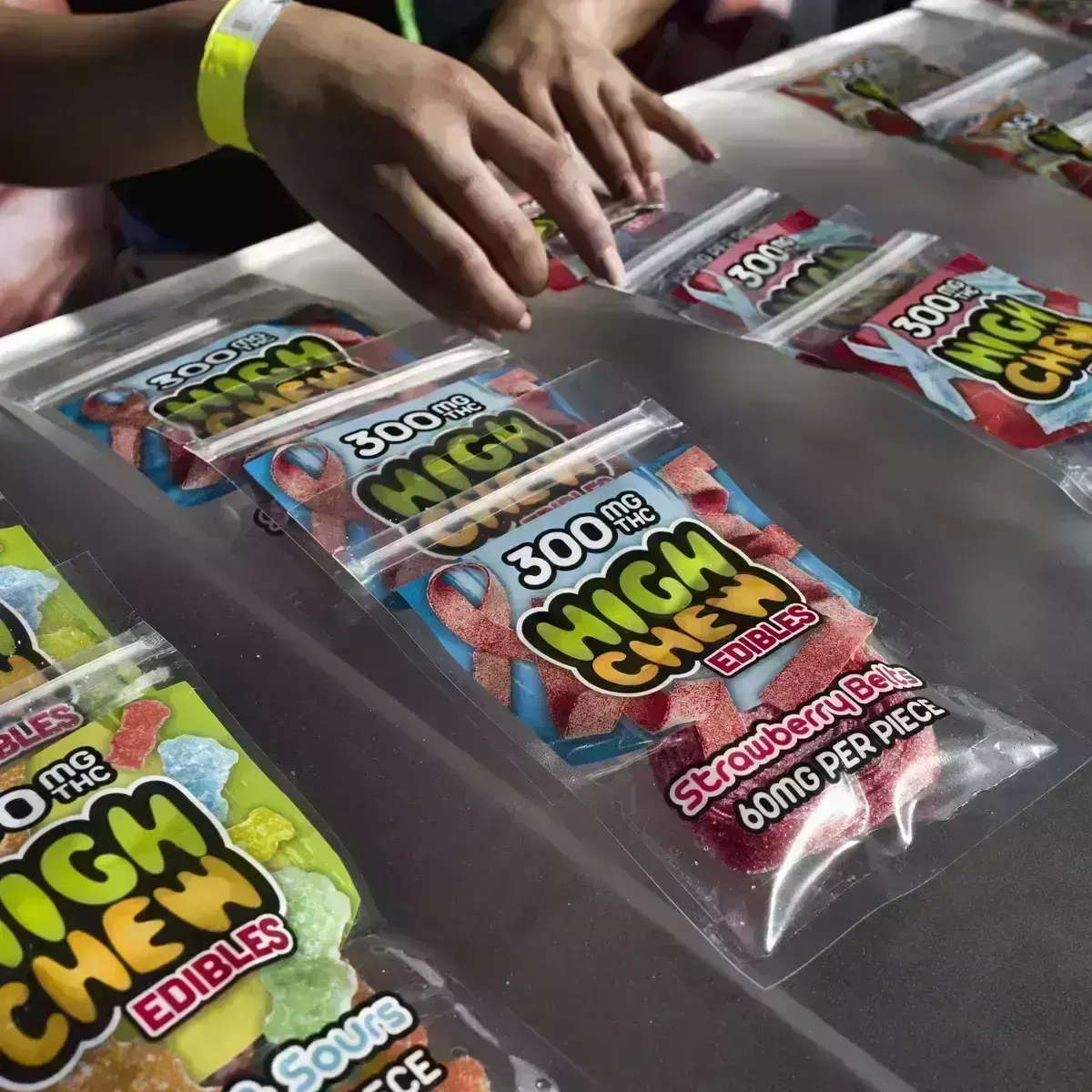- Home
- Medical news & Guidelines
- Anesthesiology
- Cardiology and CTVS
- Critical Care
- Dentistry
- Dermatology
- Diabetes and Endocrinology
- ENT
- Gastroenterology
- Medicine
- Nephrology
- Neurology
- Obstretics-Gynaecology
- Oncology
- Ophthalmology
- Orthopaedics
- Pediatrics-Neonatology
- Psychiatry
- Pulmonology
- Radiology
- Surgery
- Urology
- Laboratory Medicine
- Diet
- Nursing
- Paramedical
- Physiotherapy
- Health news
- Fact Check
- Bone Health Fact Check
- Brain Health Fact Check
- Cancer Related Fact Check
- Child Care Fact Check
- Dental and oral health fact check
- Diabetes and metabolic health fact check
- Diet and Nutrition Fact Check
- Eye and ENT Care Fact Check
- Fitness fact check
- Gut health fact check
- Heart health fact check
- Kidney health fact check
- Medical education fact check
- Men's health fact check
- Respiratory fact check
- Skin and hair care fact check
- Vaccine and Immunization fact check
- Women's health fact check
- AYUSH
- State News
- Andaman and Nicobar Islands
- Andhra Pradesh
- Arunachal Pradesh
- Assam
- Bihar
- Chandigarh
- Chattisgarh
- Dadra and Nagar Haveli
- Daman and Diu
- Delhi
- Goa
- Gujarat
- Haryana
- Himachal Pradesh
- Jammu & Kashmir
- Jharkhand
- Karnataka
- Kerala
- Ladakh
- Lakshadweep
- Madhya Pradesh
- Maharashtra
- Manipur
- Meghalaya
- Mizoram
- Nagaland
- Odisha
- Puducherry
- Punjab
- Rajasthan
- Sikkim
- Tamil Nadu
- Telangana
- Tripura
- Uttar Pradesh
- Uttrakhand
- West Bengal
- Medical Education
- Industry
Unintentional Exposures to Edible Cannabis on the Rise among children

Cannabis products have become increasingly available as more states have legalized medical and recreational cannabis.
Studies published in the past have focused on individual states after cannabis legalization have found increases in both calls to regional poison centers and visits to pediatric emergency departments for unintentional cannabis exposures.
According to a new retrospective analysis of the National Poison Data System, Pediatric exposures to edible cannabis products has increased more than 10-fold in recent years.
This study provides a view of nationwide trends as opposed to regional trends in pediatric edible cannabis exposures and an update on increasing severity of clinical symptoms and admissions during the pandemic. The study evaluates trends in pediatric cannabis edible ingestions in children younger than age 6 years with regard to toxicity, medical outcome, and health care utilization for the years 2017–2021.
There were 7043 exposures reported during 2017–2021.
In 2017, there were 207 reported cases, and in 2021 there were 3054 cases, an increase of 1375.0%.
Most exposures (97.7%) occurred in a residential setting.
Seventy percent of cases followed to a known outcome were reported to have central nervous system depression.
Of all reported cases, 22.7% of patients were admitted to the hospital.
There was a significant increase in both ICU and non-ICU admissions, whereas the number of patients treated and released decreased when comparing the pre-COVID years (2017–2019) to the COVID years (2020–2021) (P < .05).
Major and moderate effects also significantly increased during the prepandemic years compared with the 2 years during the pandemic (P < .05).
There has been a consistent increase in pediatric edible cannabis exposures over the past 5 years, with the potential for significant toxicity. It is important for providers to be aware of this in their practice and it presents an important opportunity for education and prevention.
Reference:
Marit S. Tweet, Antonia Nemanich, Michael Wahl; Pediatric Edible Cannabis Exposures and Acute Toxicity: 2017–2021. Pediatrics 2023; e2022057761. 10.1542/peds.2022-057761
Dr. Shravani Dali has completed her BDS from Pravara institute of medical sciences, loni. Following which she extensively worked in the healthcare sector for 2+ years. She has been actively involved in writing blogs in field of health and wellness. Currently she is pursuing her Masters of public health-health administration from Tata institute of social sciences. She can be contacted at editorial@medicaldialogues.in.
Dr Kamal Kant Kohli-MBBS, DTCD- a chest specialist with more than 30 years of practice and a flair for writing clinical articles, Dr Kamal Kant Kohli joined Medical Dialogues as a Chief Editor of Medical News. Besides writing articles, as an editor, he proofreads and verifies all the medical content published on Medical Dialogues including those coming from journals, studies,medical conferences,guidelines etc. Email: drkohli@medicaldialogues.in. Contact no. 011-43720751


